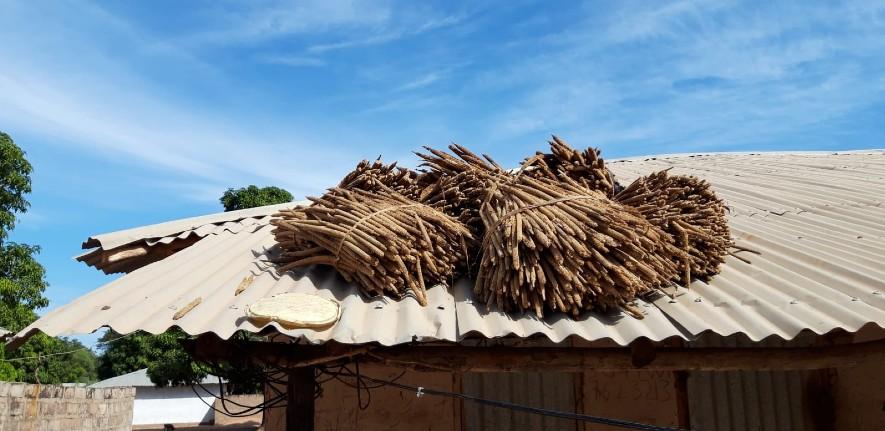
MillNETi's final symposium: researchers will discuss how millets can enhance the nutritional status of people in Ethiopia & The Gambia.
Iron deficiency is the most prevalent nutritional deficiency worldwide, affecting an estimated 4 to 6 billion people.
Over the past two years international teams of researchers and practitioners in the ‘Millets and Nutritional Enhancement Traits for Iron bioavailability’ (MillNETi) programme have been exploring how different approaches to growing, processing and cooking millets have the potential to enhance the nutritional status of people in developing countries. Though case studies in Ethiopia and The Gambia, researchers have been investigating such questions as: Can better varieties of pearl and finger millet be bred to enhance iron and other micronutrients? How easy is it to absorb iron in millet when millet is digested? What factors influence food choices? How can rural communities be empowered to enhance their nutritional status?
Through this two-day, online symposium, crop geneticists, nutritionists, social scientists and international development practitioners will discuss insights from their work in MillNETi over the past two years, and explore new ideas for the future.
Please find more information and registration details HERE.
Please find more on the MillNETi programme here.
‘Millets and Nutritional Enhancement Traits for Iron bioavailability’ (MillNETi) is a GCRF-funded research programme led by the University of Cambridge, with partners in the UK, Ethiopia, The Gambia and India. The programme is led by Prof Howard Griffiths who is also a CGE Trustee.
Image: 'Millet in the Gambia'', courtesy of Richard Sidebottom.

